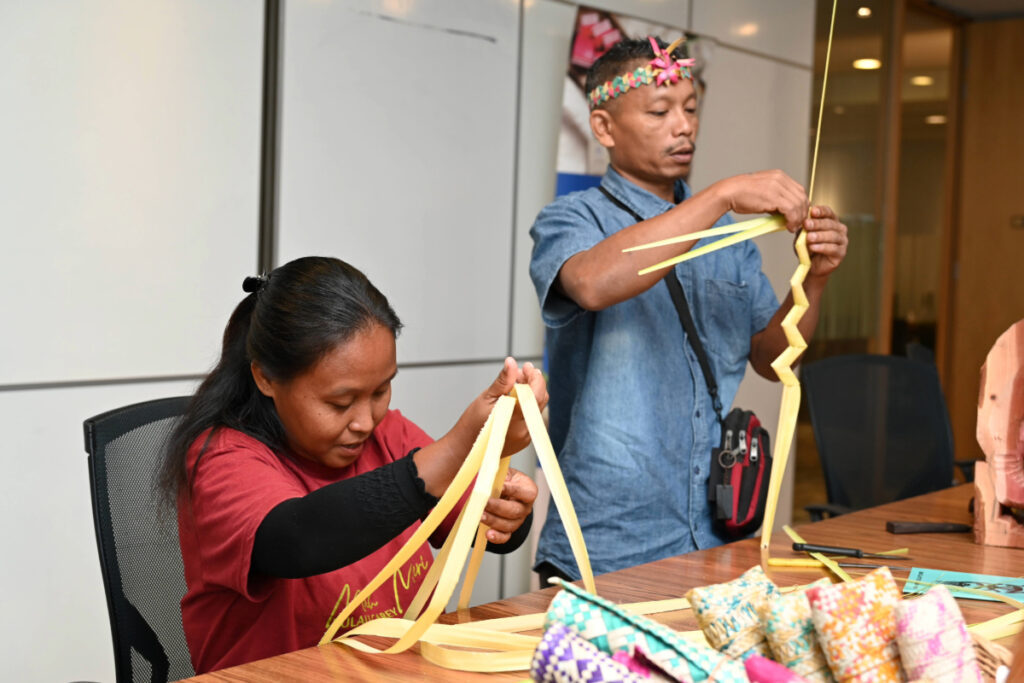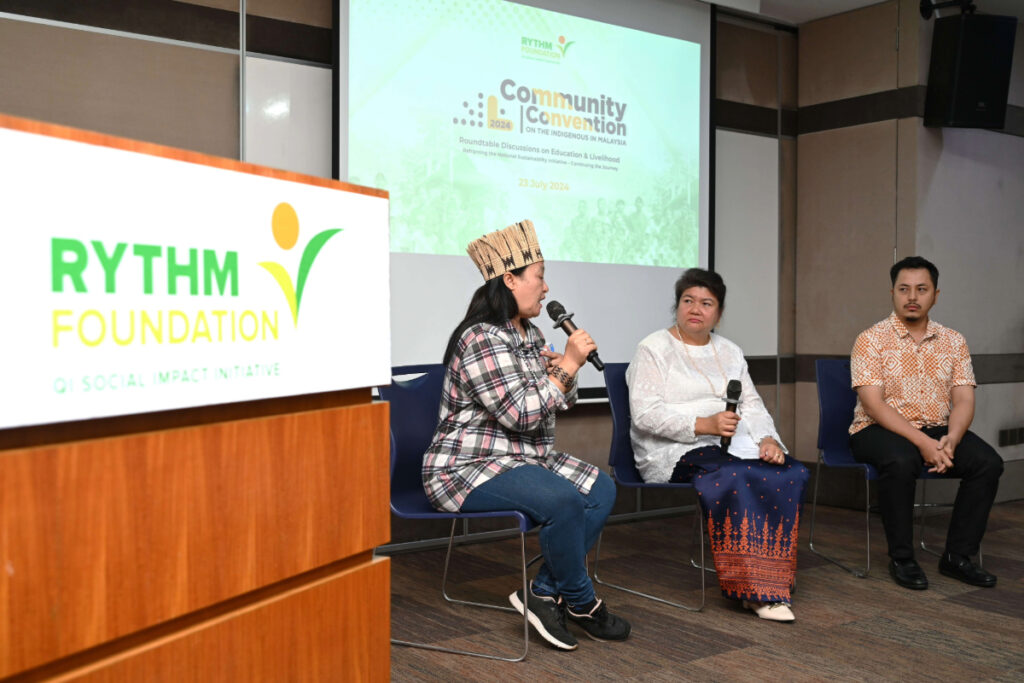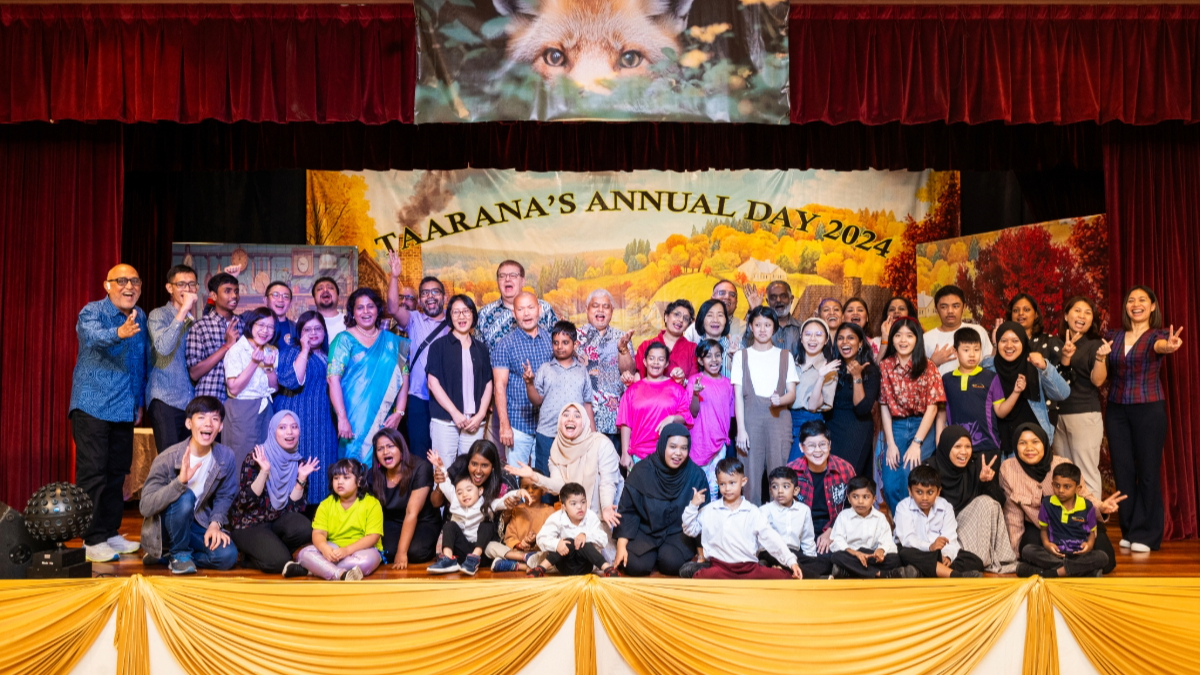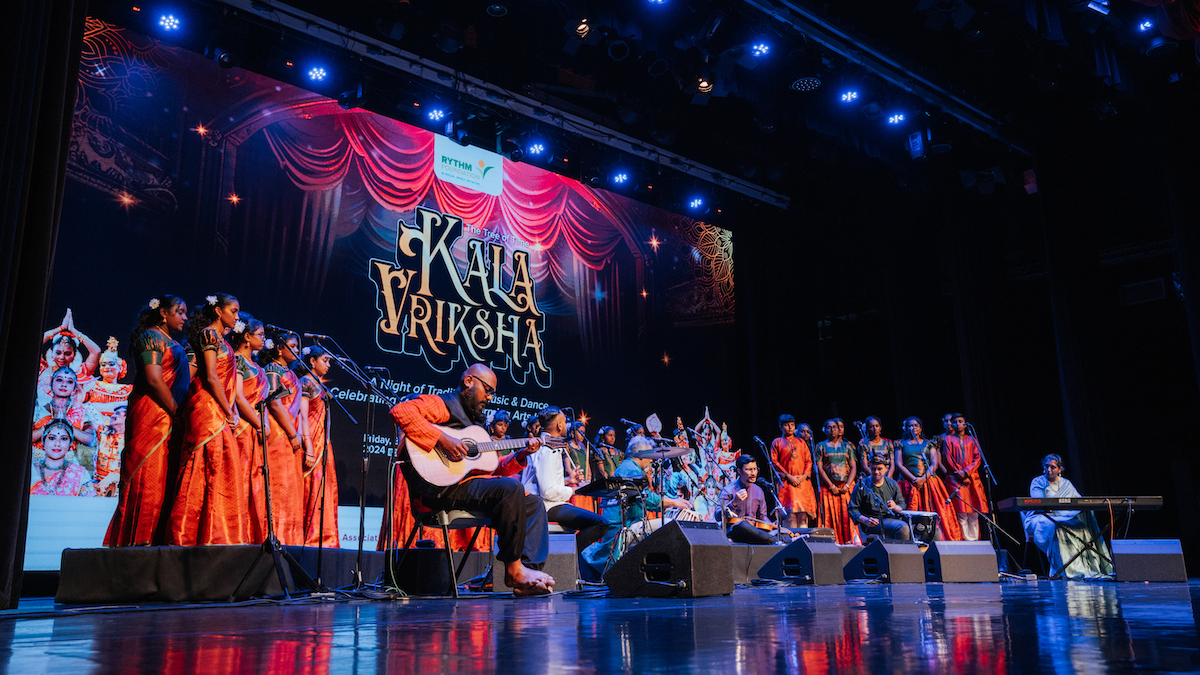RYTHM Foundation recently hosted a roundtable discussion featuring key voices representing and advocating for Malaysia’s indigenous communities, including the Orang Asli, to amplify urgent concerns surrounding their education and livelihood.
With the overarching goal of seeing the communities flourish sustainably, the ‘Roundtable Discussion on Indigenous Communities: Education & Livelihood’ not only highlighted the immediate challenges of these groups – including the primarily marginalised Orang Asli – but also pitched several notable solutions.
This roundtable follows the success of our ‘Community Convention on the Indigenous in Malaysia’ held last year in partnership with University Kebangsaan Malaysia. The convention formulated more than 30 resolutions to address critical education, health, livelihood, and displacement issues.
This year’s roundtable welcomed panellists from indigenous communities, civil society organisations, teacher training institutes, and public and private universities. The experts propelled the conversation forward by exchanging observations, ideas, and strategies anew.

“This roundtable shared our experiences, insights, and challenges in working with and for the Indigenous communities in Malaysia,” said Santhi Periasamy, the Head of RYTHM Foundation.
“We learned from each other, exchanged best practices, and identified areas of collaboration and advocacy.”
Essential Strategies for Orang Asli
Job shortages and healthcare were identified as the two key livelihood issues faced by these groups. The recommendations included developing plans for more Orang Asli representation, better eco-tourism venture opportunities, and respect for land rights. There were also calls for the cooperation of universities, corporations, NGOs, and the government to enhance support efforts and streamline processes for greater efficiency.


To overcome indigenous children’s educational hurdles, the panellists recommended that schools be made more physically accessible and teaching materials more culturally relevant to improve academic outcomes.
The event also marked the launch of the ‘Sikulah Bateq’ (Bateq School) teaching module, which provides a perfect example of tailoring culturally significant lessons for indigenous students.
Santhi explained the module’s relevance, “It is designed to engage Orang Asli children in meaningful learning experiences and foster a love for reading, writing, and mathematics. By building these essential skills, we are laying the groundwork for their future success and well-being.”
In her closing remarks, the Chairperson of RYTHM Foundation, Datin Sri Umayal Eswaran, emphasised the importance of affirmative action by society, the education system, and the employment sector for the Orang Asli.
“We have failed them (the indigenous). Greater efforts need to be made to ensure their inclusion and well-being,” Datin Sri Umayal noted.
“Malaysia’s Indigenous communities are part of Malaysia, and Malaysia is part of them. We should do everything we can for them to progress without destroying their culture, values, and identity.”






